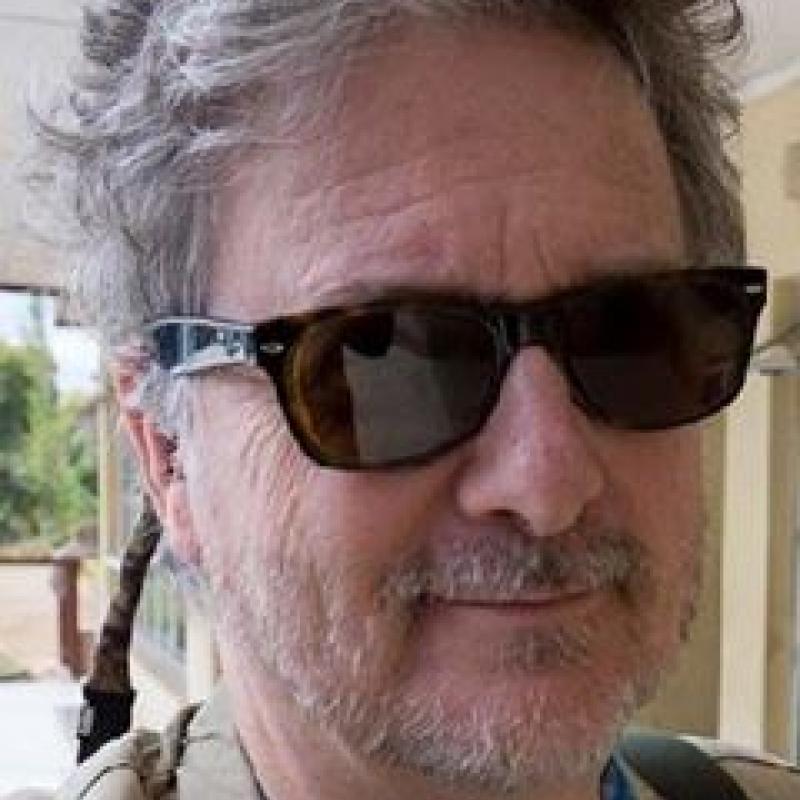Chris is a Visiting Fellow at the University of Winchester (UK), where he leads the Partnerships in Health Information (Phi) programme. He is currently working on knowledge management theory and indicators measuring the impact of information, and the practical applications of these in the Phi programme. He also carries out consultancies for international organizations in the areas of evaluation, health and information policy, planning, strategy, knowledge management, copyright, ethics, and media. Chris has held senior positions at the World Health Organization and other UN organizations for over 20 years, in Vienna, Geneva, Rome, Egypt, India, Zimbabwe and the Congo. He has also been CEO of the Authors Licensing and Collecting Society – the collecting/copyright society for British authors, and has held a number of honorary, elected and titular appointments related to intellectual property and ethics.
My contributions
How are we progressing in SDG evaluation?
Discussion

Chris Thomas Zielinski
Director, Partnerships in Health Informatiion (Phi), Centre for Global Health University of WinchesterFurther to Dorothy Lucks' comments headed "Beyond the SDGs", I had hoped for some suggestions about the next development framework, but this was clearly not her intention.
One can trace a history of these from then-WHO DG Halfdan Mahler’s “Health for All by the Year 2000” via UN SG Kofi Annan’s Millennium Development Goals (noting that Kofi Annan had been a former WHO staff member) to the SDGs. Since the value of these frameworks lies more in the fact that they provide a framework rather than the rate of achievement of their goals and individual targets, it is important to start working well before the 2030 finish line for the SDGs on the next development framework – and particularly on the things left out so far. These include a separate treatment of knowledge and information in development.
It is not enough to treat knowledge and information as “cross-cutting” in development. We are seeing what misinformation/disinformation/malinformation is doing to the edifice of development evidence. Information disorders are killing people at an increasing rate, as happened in the COVID-19 pandemic. Even when they are not fatal, they slow the pace of evidence-based human development. We need to be able to monitor and evaluate the health of knowledge as a specific goal in the next development framework – with goals, targets and indicators.
Best,
Chris
Chris Zielinski
Centre for Global Health, University of Winchester, UK and
President-elect, World Association of Medical Editors (WAME)
Blogs; http://ziggytheblue.wordpress.com and http://ziggytheblue.tumblr.com
Publications: http://www.researchgate.net and https://winchester.academia.edu/ChrisZielinski/